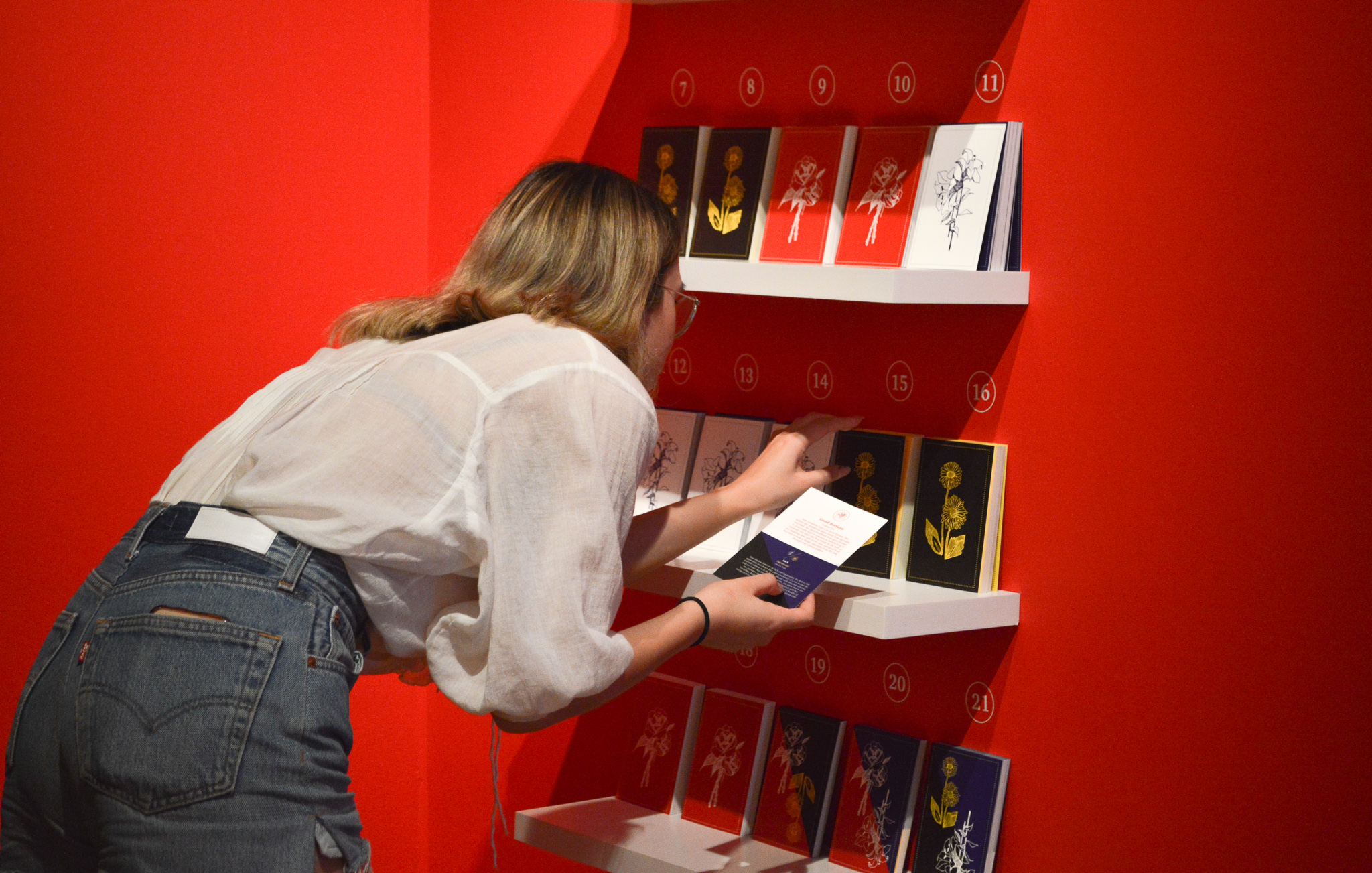The lucky, the fortunate, the opportunist. And you.
Design Capstone︎Design systems︎Senior Exhibition

OVERVIEW
︎
My senior capstone project examines our relationship between good luck, fortune, and opportunity through an interactive installation that that generates personalized deliverables by asking its participants a set of questions.
RESEARCH
︎
Study #1: Good fortune, luck, opportunity and their lack: How do agents perceive them?
André, Nathalie. “Good Fortune, Luck, Opportunity and Their Lack: How Do Agents Perceive Them?” Personality and Individual Differences, vol. 40, no. 7, 2006, pp. 1461–1472., doi:10.1016/j.paid.2005.10.022.
Findings:
Agents perceive dispositional luck in 3 ways:
1. As a personality trait, something one is born with, i.e. good fortune.
2. As a random event that one could run into in life i.e. luck
3. Non existent, supertitious, can be attained through hard work, i.e. opportunity.
Study #2: Dispositional optimism and luck attributions: implications for philosophical theories of luck
Hales, Steven D., and Jennifer Adrienne Johnson. “Dispositional Optimism and Luck Attributions: Implications for Philosophical Theories of Luck.” Philosophical Psychology, vol. 31, no. 7, 2018, pp. 1027–1045., doi:10.1080/09515089.2018.1474344.
Hales, Steven D., and Jennifer Adrienne Johnson. “Dispositional Optimism and Luck Attributions: Implications for Philosophical Theories of Luck.” Philosophical Psychology, vol. 31, no. 7, 2018, pp. 1027–1045., doi:10.1080/09515089.2018.1474344.
Findings:
Johnson and Hales investigate the relationship between: dispositional optimism and the attribution of good and bad luck to ambiguous luck scenarios.
Johnson and Hales investigate the relationship between: dispositional optimism and the attribution of good and bad luck to ambiguous luck scenarios.
A strong correlation is found between optimism and perceived good luck. If you think you are lucky, you are. This can be applied to attributions of percieved good fortune and opportunity.
This means: there is no compelete truth behind any of the aforementioned attrubutions; rather, they serve as traits one believes about themselves and their situations, similar to personality traits.
If we view luck, good fortune, and opportunity as traits one belives about themselves, how can we bring awareness to these notions so that agents understand the ways in which they perceive their fate? Further, how can this awareness help empower agents take control of their fate?
CREATING A BRAND AROUND DISPOSITIONAL LUCK
︎
Pop astrology as the current brand for predictive fate in North America
How does Astrology play into the American brand of fate?
• Horoscopes are broad enough so that most poeople can apply situations to themselves, but are phrased in an action and consequence manner. In other words, the horoscope recommends an action, and will only provide a result if acted upon.
• Agents are sectioned into 12 groups based on their birthdates, something deeply personal, yet more or less arbritrary. The attachment of personality traits maintains individualism and provides a rationale for one’s actions. Similar to charms and talismans, the attribution of a zodiac sign acts as an external factor that assumes control of a finite number of outcomes, given the agent acts upon the recommendation. This in turn empowers the agent to “make moves” in their lives.